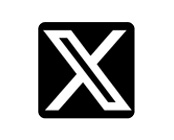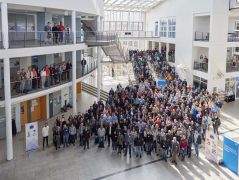MLZ is a cooperation between:
 > Technische Universität München
> Technische Universität München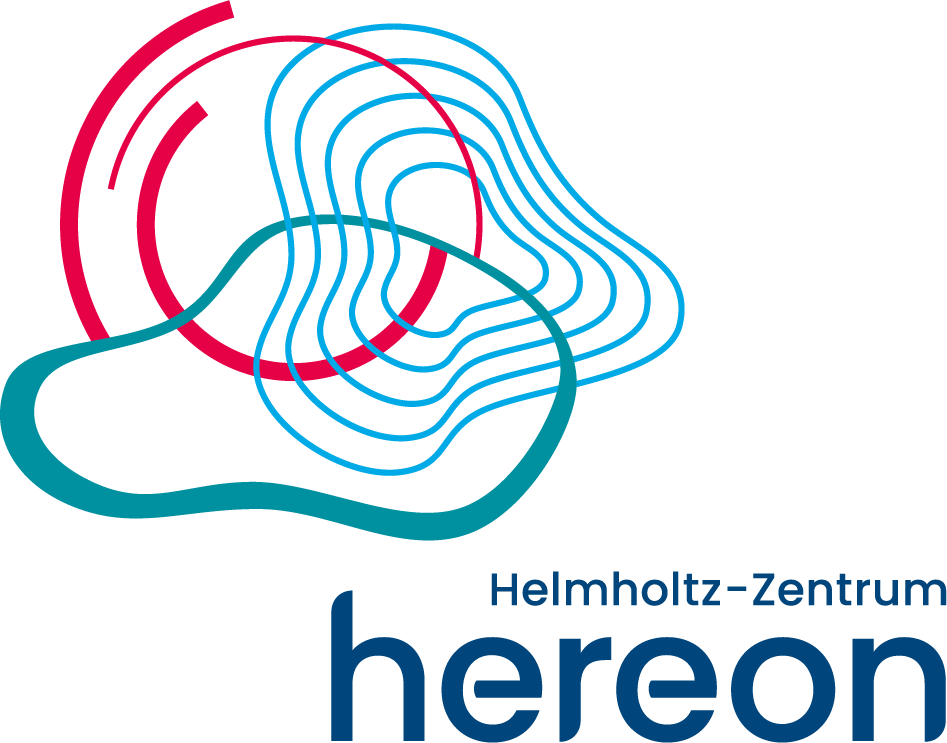 > Helmholtz-Zentrum Hereon
> Helmholtz-Zentrum Hereon
 > Forschungszentrum Jülich
> Forschungszentrum Jülich
MLZ is a member of:
 > LENS
> LENS > ERF-AISBL
> ERF-AISBL
MLZ on social media:

MLZ (eng)
Lichtenbergstr.1
85748 Garching
25.01.2024
New face for neutron analysis
Prof. Dr. Mirijam Zobel has been the new director of “Neutron Analytics for Energy Research” at the Jülich Centre for Neutron Science (JCNS) at Forschungszentrum Jülich since the beginning of January. She operates two scientific instruments with hot neutrons at the MLZ.
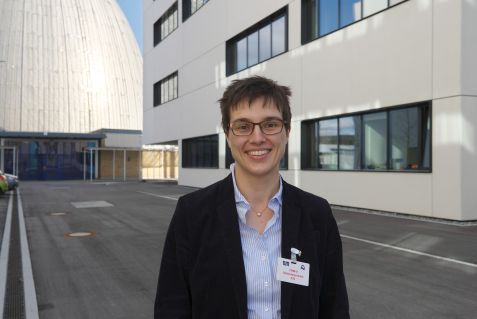
Prof. Dr. Mirijam Zobel in front of the first German research reactor FRM in Garching. © Wenzel Schürmann, FRM II / TUM
“We are extremely pleased to welcome Mirijam Zobel to the MLZ, a colleague who is highly valued both professionally and personally,” says the Scientific Director of the FRM II and MLZ, Prof. Dr. Christian Pfleiderer. Mirijam Zobel has headed the Chair of Crystallography at RWTH Aachen University since 2021.
“Goal: to enable top-level research for a long time”
Mirijam Zobel will also play a very active role in Garching in the future. Since her first election in 2020, she has been a committed advocate for the FRM II, including on the Committee for Research with Neutrons (KFN), which she has chaired since the end of 2023. Mirijam Zobel has pointed out how important it is for the FRM II to be restarted: “It’s not just me, but many German colleagues who are longing for this restart because we are all waiting for urgently needed neutron measurement times to finally push ahead with our projects,” she said in an interview with the Süddeutsche Zeitung on 10 March 2023. She added: “From a technical point of view, the reactor in Garching is one of the most modern research reactors with the highest safety standards, and the aim must be to continue to enable cutting-edge research here for as long as possible.”
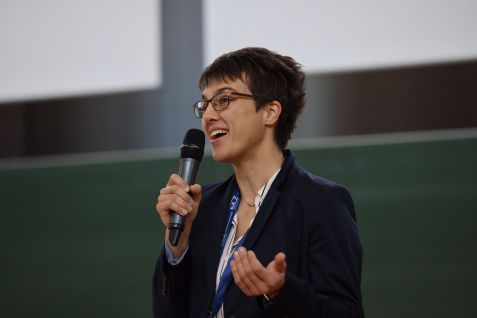
"It is now important to invest in new infrastructure," said Mirijam Zobel at the European Neutron Scattering Conference ECNS 2023 in Garching. © Bernhard Ludewig, FRM II / TUM
Investment in infrastructure required
In a strategy paper, the KFN, together with the Heinz Maier-Leibnitz Zentrum, calls for new investment in neutron research to ensure a stable medium and long-term supply for German users. “It is now important to invest in new infrastructure,” says Mirijam Zobel, also with a view to the MLZ’s MORIS modernization program and new neutron sources. The 37-year-old operates two instruments in Garching: POLI and HeiDi – both diffractometers that use hot neutrons from the FRM II for their research.
Crystallography with high relevance
On the occasion of her appointment to the JCNS-3 department, Mirijam Zobel is delighted: “The field of energy materials underlines the outstanding importance of modern scattering methods in materials research and thus also the high relevance of modern crystallography and solid-state chemistry.”
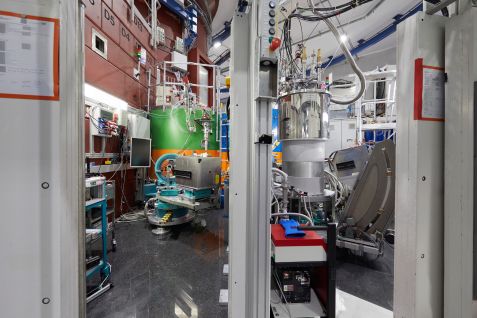
Mirijam Zobel operates the two instruments HeiDi (left) and POLI, both diffractometers with hot neutrons, at the MLZ. © Bernhard Ludewig, FRM II / TUM
Research for batteries and fuel cells
At JCNS-3, various neutron methods are developed to investigate complex energy technology systems in-situ and operando. These include, for example, the imaging of light elements such as hydrogen and lithium, including their dynamics and diffusion in fuel cells, hydrogen storage systems, and batteries. Mirijam Zobel teaches the crystallographic principles for this research at RWTH Aachen University in both Bachelor’s and Master’s degree courses.
“We wish Mirijam Zobel all the best for her start. And we are very much looking forward to working even more closely with her in the future under the MLZ umbrella,” says Prof. Dr. Martin Müller, MLZ Director for the two Helmholtz centers Hereon and Forschungszentrum Jülich.
Related News
MLZ is a cooperation between:
 > Technische Universität München
> Technische Universität München > Helmholtz-Zentrum Hereon
> Helmholtz-Zentrum Hereon
 > Forschungszentrum Jülich
> Forschungszentrum Jülich
MLZ is a member of:
 > LENS
> LENS > ERF-AISBL
> ERF-AISBL
MLZ on social media:
